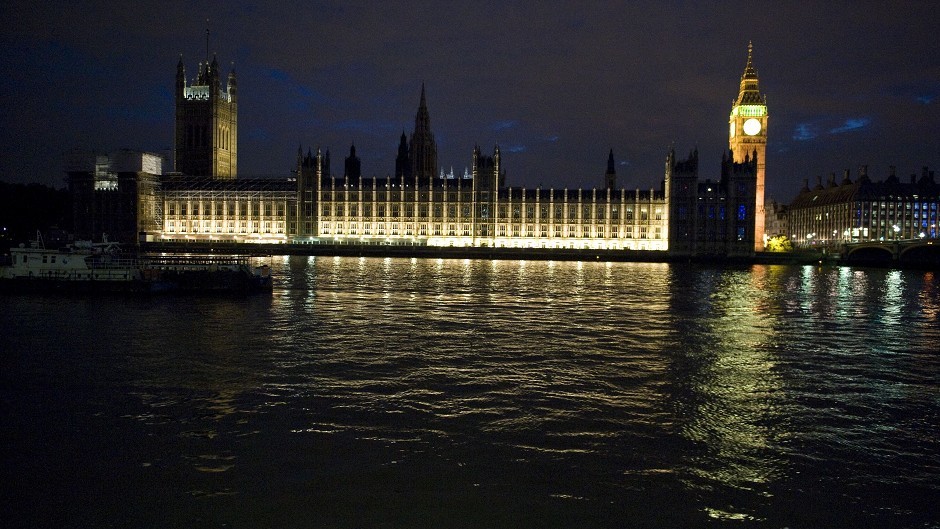Former first minister Alex Salmond warned last night that taxpayers should not have to pay a “Westminster premium to crowbar a modern parliament into a Victorian building”.
His intervention came as a parliamentary committee recommended MPs and peers move out of the Houses of Parliament for six years while restoration work is carried out – but remain nearby, sitting in other UK government buildings.
The SNP insisted it could not support a report that did not consider relocation away from Westminster into a new-build parliament as an option.
Gordon MP Mr Salmond said it lacked credibility as it did not put all options on the table and was based on figures proposed in 2014.
He added: “The UK Government will effectively be asking taxpayers to pay a Westminster premium to crowbar a modern parliament into a Victorian building at a time of austerity when Tory policy is hitting some of the poorest in society.”
Describing the report as “just the start of the process”, he continued: “Parliament and the public now have the opportunity to debate whether spending billions of pounds to keep it in a palace is the right thing to do, when it is clearly not a good use of taxpayers’ money.”
The Joint Committee on the Palace of Westminster warned the historic site faced a growing risk of a “catastrophic event” unless essential renovation works take place.
It insisted the decision on how to repair the UK Parliament could not be delayed any further and suggested that work start in 2023.
Under the plans – which could cost around £4billion – the Commons chamber would be moved to the Department of Health’s current offices, while the Lords would sit in the Queen Elizabeth II conference centre.
The report said: “The Palace of Westminster, a masterpiece of Victorian and medieval architecture and engineering, faces an impending crisis which we cannot responsibly ignore.”
Moving the Houses of Parliament onto temporary rafts on the River Thames and containing one of the chambers within an enclosed pod in Westminster Hall – the oldest part of the site – were among the possibilities rejected by the committee.
A partial rather than full decant or a rolling programme of patching-up had been estimated to cost significantly more and take longer.
